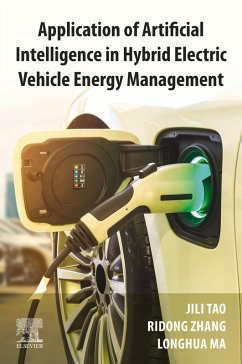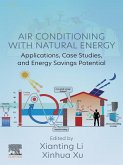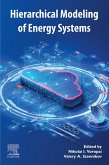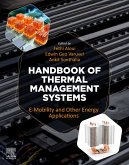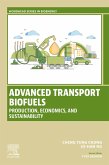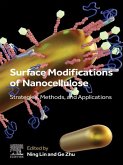Application of Artificial Intelligence in Hybrid Electric Vehicle Energy Management presents the state-of-the-art in hybrid electric vehicle system modelling and management. With a focus on learning-based energy management strategies, the book provides detailed methods, mathematical models, and strategies designed to optimize the energy management of the energy supply module of a hybrid vehicle.The book first addresses the underlying problems in Hybrid Electric Vehicle (HEV) modeling, and then introduces several artificial intelligence-based energy management strategies of HEV systems, including those based on fuzzy control with driving pattern recognition, multi objective optimization, fuzzy Q-learning and Deep Deterministic Policy Gradient (DDPG) algorithms. To help readers apply these management strategies, the book also introduces State of Charge and State of Health prediction methods and real time driving pattern recognition. For each application, the detailed experimental process, program code, experimental results, and algorithm performance evaluation are provided.Application of Artificial Intelligence in Hybrid Electric Vehicle Energy Management is a valuable reference for anyone involved in the modelling and management of hybrid electric vehicles, and will be of interest to graduate students, researchers, and professionals working on HEVs in the fields of energy, electrical, and automotive engineering.
- Provides a guide to the modeling and simulation methods of hybrid electric vehicle energy systems, including fuel cell systems
- Describes the fundamental concepts and theory behind CNN, MPC, fuzzy control, multi objective optimization, fuzzy Q-learning and DDPG
- Explains how to use energy management methods such as parameter estimation, Q-learning, and pattern recognition, including battery State of Health and State of Charge prediction, and vehicle operating conditions
Dieser Download kann aus rechtlichen Gründen nur mit Rechnungsadresse in A, B, BG, CY, CZ, D, DK, EW, E, FIN, F, GR, HR, H, IRL, I, LT, L, LR, M, NL, PL, P, R, S, SLO, SK ausgeliefert werden.

